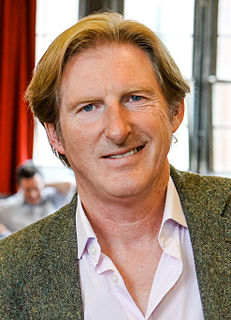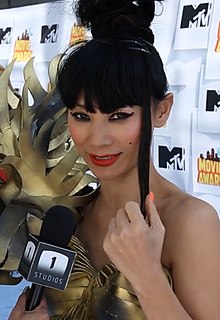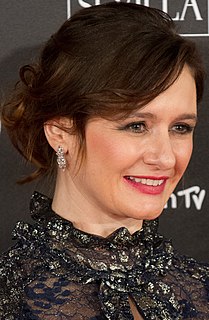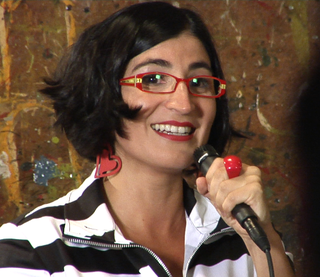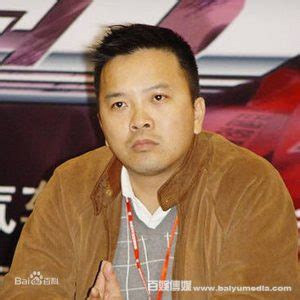A Quote by Adrian Dunbar
Because of 'Line Of Duty's proper adherence to police procedure, by definition we end up doing some very long interrogation scenes which are difficult to learn, and require lots of concentration to sustain them across shooting.
Related Quotes
This definition about against their will, that's a made up term. Did any of those little kids say I didn't want to come here? Did they say I was brought here against my will? Some of them were walking across the border on their own, lots of them, and we'll see them coming across every day at McCallum, Texas. They're still pouring across the border. They know what they're doing. It's not against their will.
Every time you have a crisis in a country you have an extreme wing coming up and proposing solutions. The way to fight them is by doing lots of work teaching people that every time these fascist systems gained power they ended up with big tragedies - lots of blood, lots of police, and lots of misery.
Barrels are very difficult to find. But when you have them, give them lots of equity. Promote them, take them to dinner every week, because they are virtually irreplaceable because they are also very culturally specific. So a barrel at one company may not be a barrel at another company. One of the ways, the definition of a barrel is, they can take an idea from conception and take it all the way to shipping and bring people with them.
It's very difficult to find the time or the money for people to organize rehearsals for some movies. It staggers me how little preparation often goes into these scenes which are difficult and complicated. You think, "God, it's crazy. I've never met this person before and here I am having to work at how to do a whole performance on the set." It was great to have a few days of just talking to Michael [Caine] and Daniel [Barber] and thinking about the characters and the relationship between them before we started shooting.
There are some movies that you feel like doing because of the script. Some because it sounds like fun, some because that's the director you want to work with, some because it's a project that you want to be involved with, and some because you will be paid lots of money. But the bottom line is I must feel like doing it.
In general, I think there are some things that require time before you can talk about them. Some stuff that happened over the summer, for instance - the Philando Castile shooting, Alton Sterling, the police officers in Dallas - there was no room for jokes. But there are, of course, the policies that have given us those events. Now, there's a lot of room for jokes there. When you're looking at something difficult to talk about, there's always a sideways way in that feels a little less personal to people. That's where the joke lives.
'How the West was Won' was very hard, because it was a three cameras technique, meaning three cameras wide. Therefore I wasn't speaking to my fellow performer, I was speaking to a camera, or a line next to the camera. It was difficult to do, because its not real acting. I had to pretend that I was 'seeing' Agnes Moorhead or Jimmy Stewart or Carroll Baker. I wasn't, I was acting to a drawn line. It took me personally two years to make the film, because my character starts at age 16 and I end up being 92 years old in the film. By the end of that production, I was ready for a long nap.
I wrote the plot [for the Persepolis ]and Vincent [Paronnaud] and I wrote and discussed the shooting of the script. Vincent then took care of the production design, the actual shooting, and what was going on within each scene. It's very difficult, though, to draw a line between who did what. Because Vincent would say something, and I would add something, and at the end you have this film, yet no clear idea of who did what.
